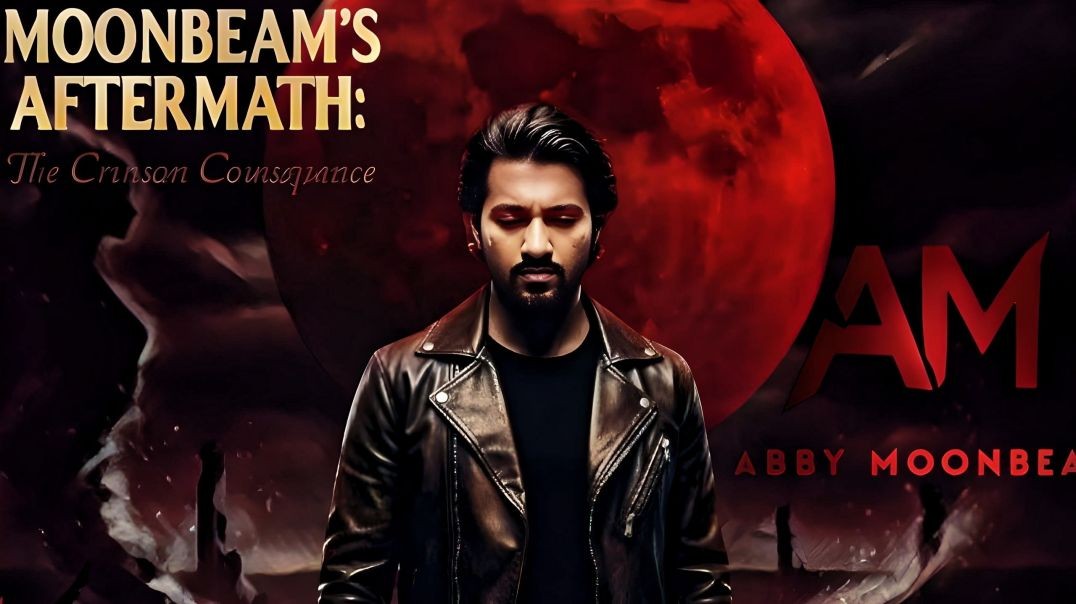In today's digitally connected world, the influence of social media on culture and economy is undeniable. New Zealand, with its distinct cultural identity and economic landscape, presents a fascinating case study of how social media is integrated into daily life and business practices. While many might assume that New Zealand's social media culture is just a microcosm of global trends, there are unique aspects that set it apart, offering insights and opportunities for businesses and analysts alike.
The Rise of the Kiwi Influencer
New Zealand has seen a significant rise in influencers who leverage social media platforms to shape consumer behavior and brand loyalty. According to a report from Stats NZ, over 70% of Kiwis engage with social media daily, with Instagram and TikTok being the most popular platforms among younger demographics. This presents a lucrative opportunity for brands looking to engage with a younger audience through influencer partnerships.
Case Study: Kiwi Brand Success
Take, for instance, the local fashion brand Kowtow, which successfully harnessed the power of social media influencers to expand its reach. By collaborating with local influencers who align with its sustainability ethos, Kowtow increased its social media engagement by 45% in six months, leading to a 30% increase in online sales.
Social Media's Impact on New Zealand's Economy
Social media's influence extends beyond consumer behavior to economic impact. The Ministry of Business, Innovation and Employment (MBIE) reported that social media-driven e-commerce contributed approximately NZD 2.7 billion to the economy in 2022. This figure underscores the importance of digital marketing strategies for businesses aiming to tap into both domestic and international markets.
Data-Driven Insights
However, not all businesses harness social media effectively. A study by the University of Auckland found that only 40% of small and medium-sized enterprises (SMEs) in New Zealand have a dedicated social media strategy, despite evidence suggesting that companies with an active social media presence achieve 20% higher revenue growth. This gap presents an opportunity for businesses to capitalize on underutilized digital platforms.
The Contrasting Viewpoints on Social Media Usage
While there is a clear economic benefit, the proliferation of social media also raises concerns. Critics argue that excessive social media consumption can lead to decreased productivity and mental health issues. In contrast, advocates highlight its role in fostering community engagement and supporting local businesses.
Pro and Con Analysis
- Pros: Increases brand visibility, supports community engagement, drives e-commerce growth.
- Cons: Potential for reduced productivity, mental health concerns, data privacy issues.
Finding a balance between leveraging social media for economic gain while addressing its potential drawbacks is critical for sustainable growth.
Common Myths and Mistakes in Social Media Marketing
Despite the clear benefits, several myths persist around social media marketing in New Zealand:
- Myth: Social media is only for young people. Reality: Stats NZ indicates that 55% of users are aged 35-54, showing broad demographic engagement.
- Myth: Posting frequently guarantees success. Reality: Quality over quantity is key; targeted content yields better results.
- Myth: Social media is free marketing. Reality: Effective social media strategies require investment in tools and expertise.
Understanding these myths can help businesses optimize their social media strategies and avoid common pitfalls.
Future Trends in New Zealand's Social Media Landscape
Looking ahead, the integration of augmented reality (AR) and virtual reality (VR) into social media platforms is expected to revolutionize user engagement. According to Deloitte's Digital Trends Report, by 2026, over 50% of NZ businesses are projected to incorporate AR/VR into their marketing strategies. This technological advancement will offer immersive experiences, driving deeper consumer engagement and offering a competitive edge to early adopters.
Final Takeaways
- Social media's economic impact in New Zealand is significant, contributing billions annually.
- Influencer partnerships can substantially increase brand visibility and sales.
- Businesses should prioritize quality and targeted content over frequency of posts.
- Future trends in AR/VR present new opportunities for consumer engagement.
As social media continues to evolve, businesses and analysts in New Zealand must stay informed and adaptable to leverage its full potential.
People Also Ask
- How does social media impact businesses in New Zealand? Social media drives significant e-commerce growth, with businesses leveraging platforms like Instagram and TikTok seeing increased engagement and sales.
- What are the biggest misconceptions about social media marketing in New Zealand? A common misconception is that social media is free marketing; however, effective strategies require investment in expertise and tools.
- What future trends could affect New Zealand's social media landscape? The integration of AR/VR into marketing strategies is expected to revolutionize consumer engagement by 2026.
Related Search Queries
- New Zealand social media trends
- Influencer marketing in New Zealand
- Social media impact on NZ economy
- Social media marketing strategies NZ
- Future of social media in New Zealand
- AR/VR in social media marketing
- Common myths about social media
- New Zealand e-commerce growth
- Kiwi influencers on Instagram
- Social media productivity concerns






























